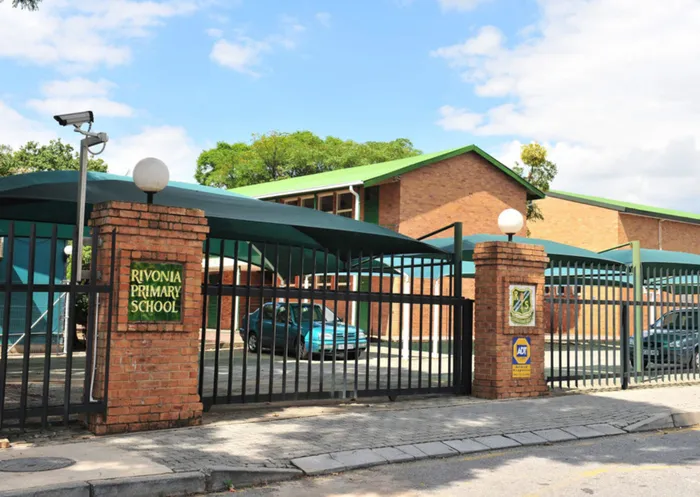Schools have wings clipped

The case landed in court in 2011, when Rivonia Primary School's SGB took the Gauteng Department of Education to the Johannesburg High Court, accusing department officials of violating its own rules after they "forcefully took control of the admissions function" and admitted a pupil. File photo: Steve Lawrence The case landed in court in 2011, when Rivonia Primary School's SGB took the Gauteng Department of Education to the Johannesburg High Court, accusing department officials of violating its own rules after they "forcefully took control of the admissions function" and admitted a pupil. File photo: Steve Lawrence
Durban -
Departments of education have the final say on how many pupils a school can enrol, according to a Constitutional Court ruling on Thursday.
This means if a school rejects an application on the basis that it is full, but the department believes the school has room for more, the department can instruct the school to admit additional pupils.
But this must be done in a “procedurally fair” manner.
The court said in its judgment on admission policies that school governing bodies and the education department must work together when grappling with how to accommodate pupils in packed classrooms and the impact this had on education.
The case of who the power rests with between the provincial department of education and school governing bodies (SGB) in determining the capacity of a school landed in court in 2011, when Rivonia Primary School’s SGB took the Gauteng Department of Education to the Johannesburg High Court, accusing department officials of violating its own rules after they “forcefully took control of the admissions function” and admitted a pupil.
The tussle started after a parent of a Grade 1 child objected when the school rejected the child for the 2011 academic year on the basis that it was full. The school said it had reached its capacity of 120 pupils for Grade 1.
The department intervened and its head (HOD), Boy Ngobeni, instructed the school to admit the child, saying it had room to accommodate the pupil.
The department argued that the final decision must rest with the department because the MEC was ultimately responsible for ensuring that every pupil was placed in school.
The high court ruled in favour of the department, saying the SGB had “some autonomy but operates subject to the direction and oversight of the MEC and HOD” in terms of the Schools Act.
The SGB took the matter to the Supreme Court of Appeal, which overturned the high court’s ruling.
The department then took the matter to the Constitutional Court and, in a majority ruling on Thursday, penned by Acting Justice Nonkosi Mhlantla, the court declared that the department’s HOD was “empowered to issue an instruction to the principal of (the) school to admit the learner in excess of the limit in its admission policy”.
The court declared that the HOD was “heavy-handed” in the manner in which the child was placed at the school and did not act in a procedurally fair manner.
“Equally problematic was (the SGB’s) reaction. Desiring to safeguard its own authority, the school failed to place the interest of the learner first. Instead, it resorted to litigation,” Justice Mhlantla said.
The court said SGBs, the provincial department and other parties involved must co-operate with each other.
“Both provincial government and individual schools have to grapple with systemic capacity problems and their impact on education… However, the needs and interests of all other learners cannot be ignored,” the judgment said.
Gauteng Department of Education spokesman Gershwin Chuenyane said the department welcomed the judgment.
“We believe this decision is important in terms of ensuring that all Gauteng learners can have equal access to quality schooling. We intend to study the judgment and implement it in a fair manner,” he said.
Governing Body Foundation chief executive Tim Gordon welcomed the judgment and pointed out it didn’t give carte blanche to either one of the parties.
He said if SGBs and the department managed the admissions process in an amicable and fair manner, as the judgment says it should, relations between the two parties will improve.
Equal Education and the Centre for Child Law also welcomed the judgment. The two organisations acted as friends of the court in the case.
nontobeko.mtshali@inl.co.za
The Star